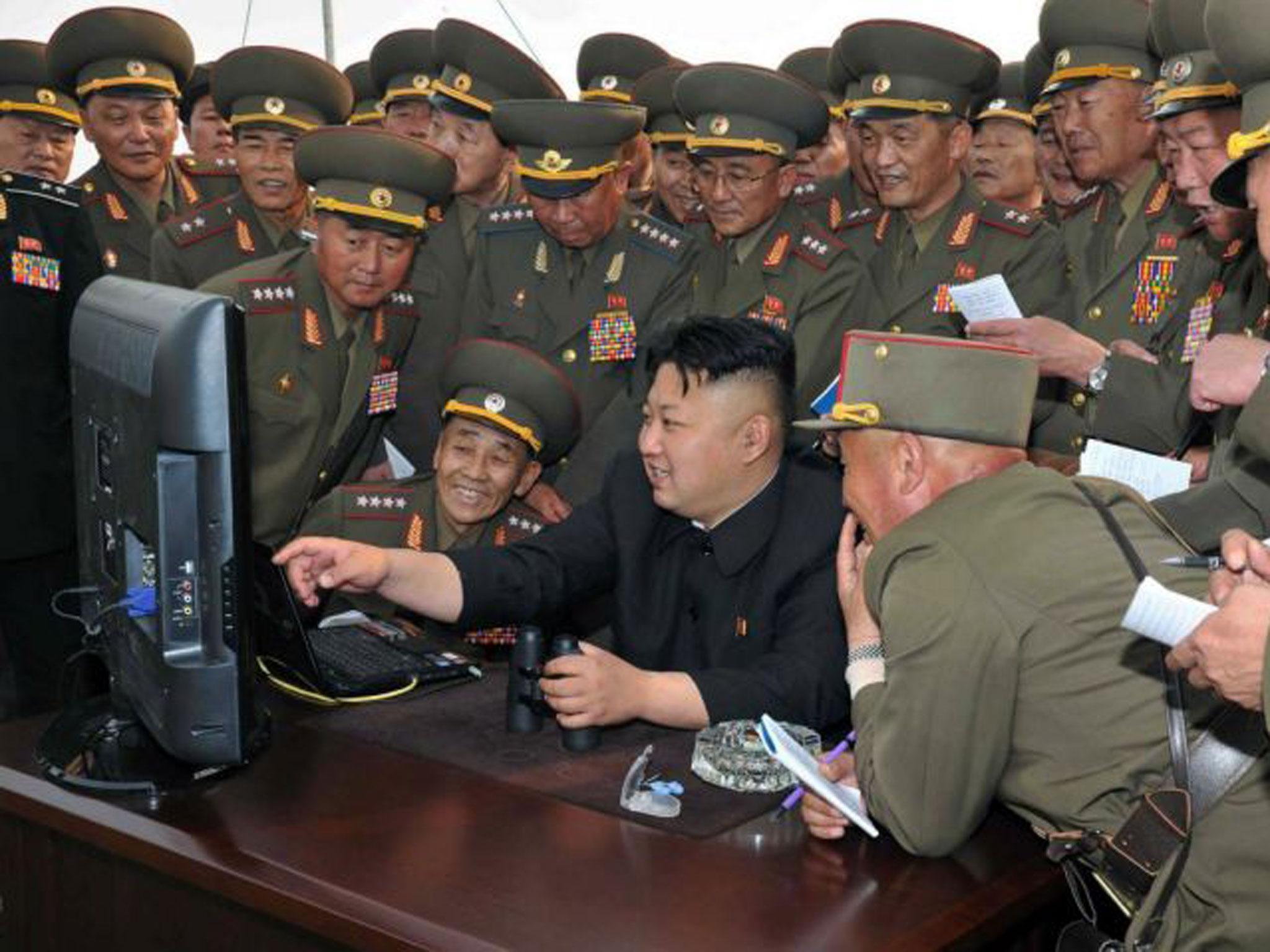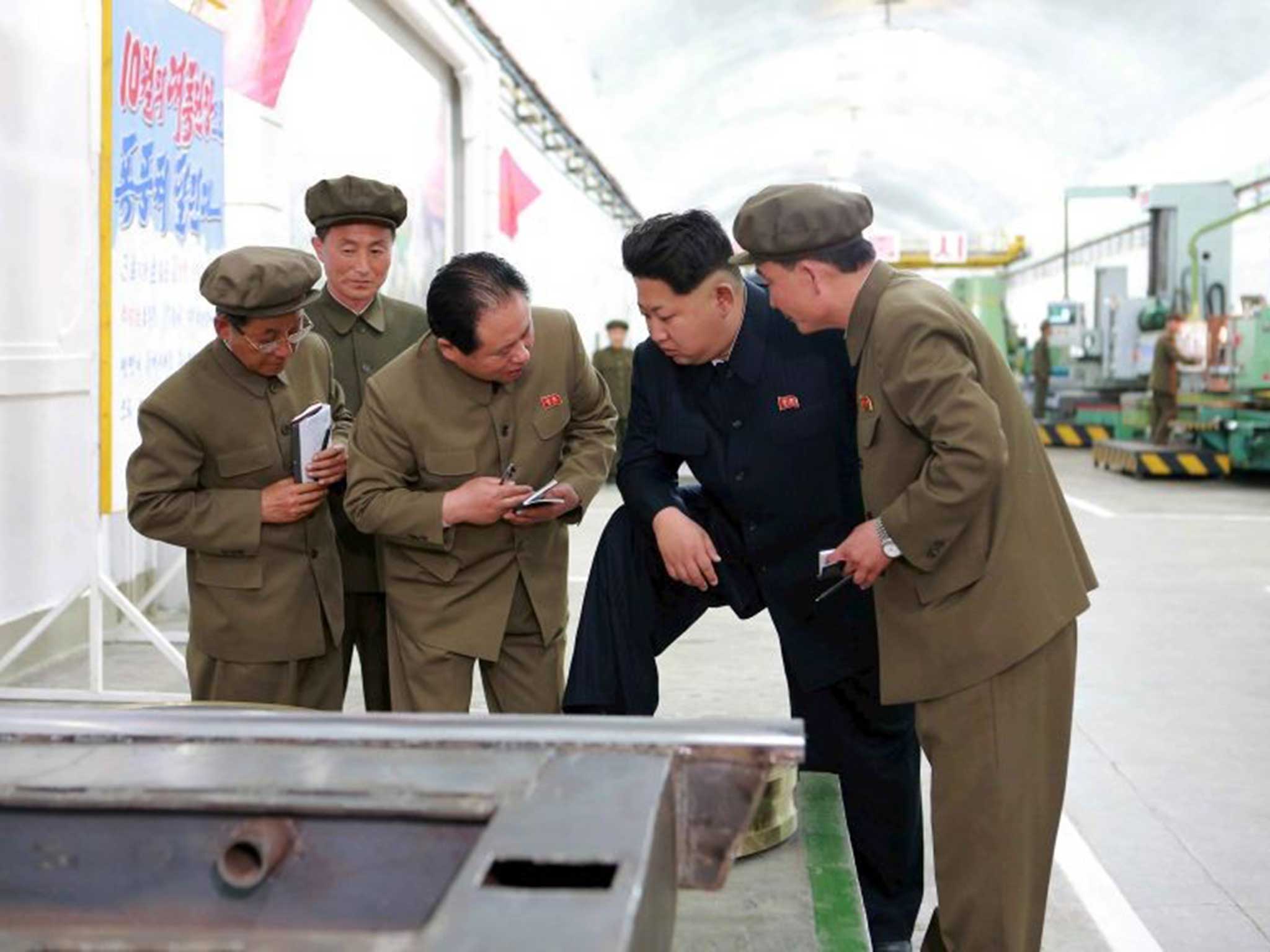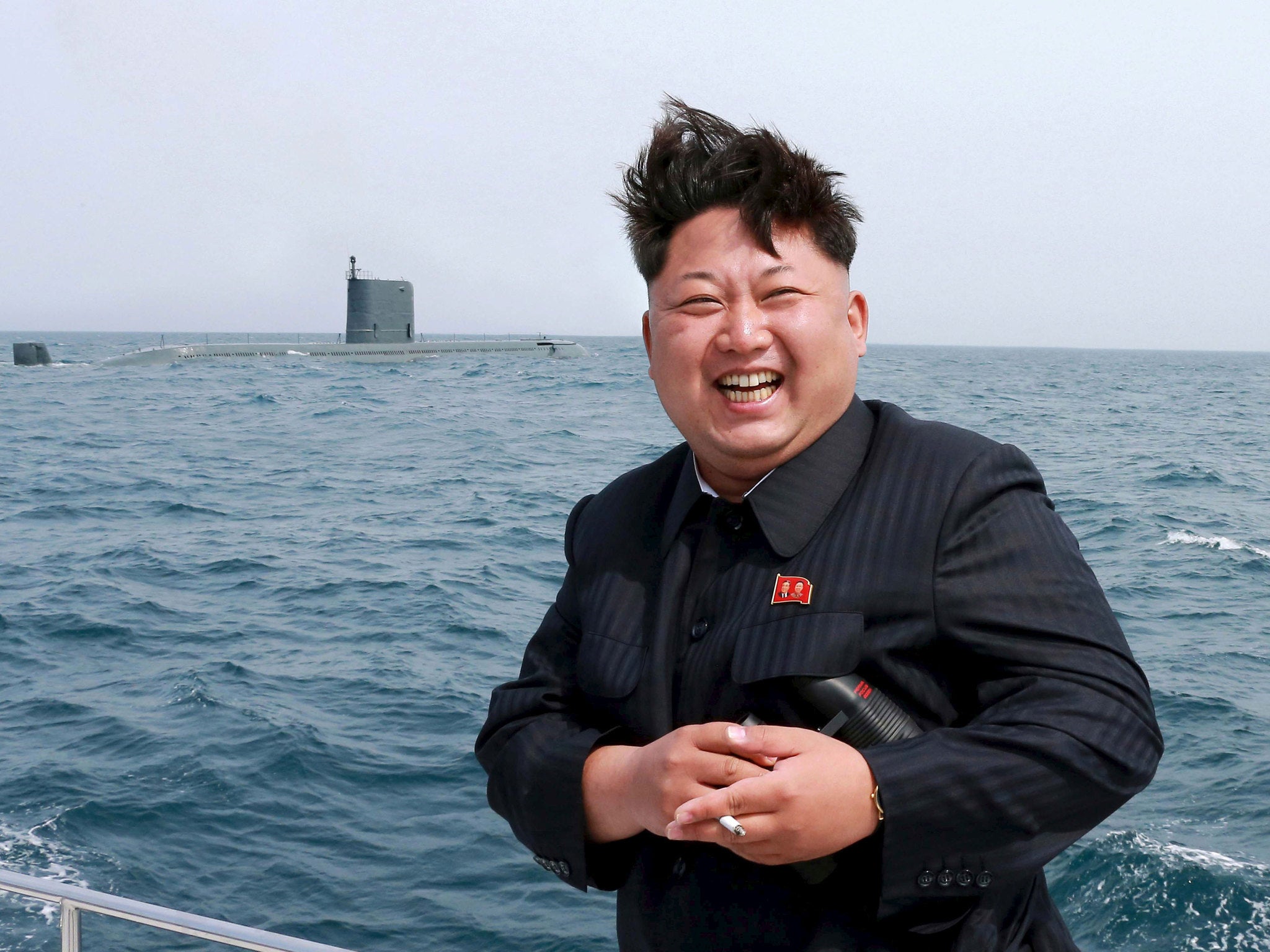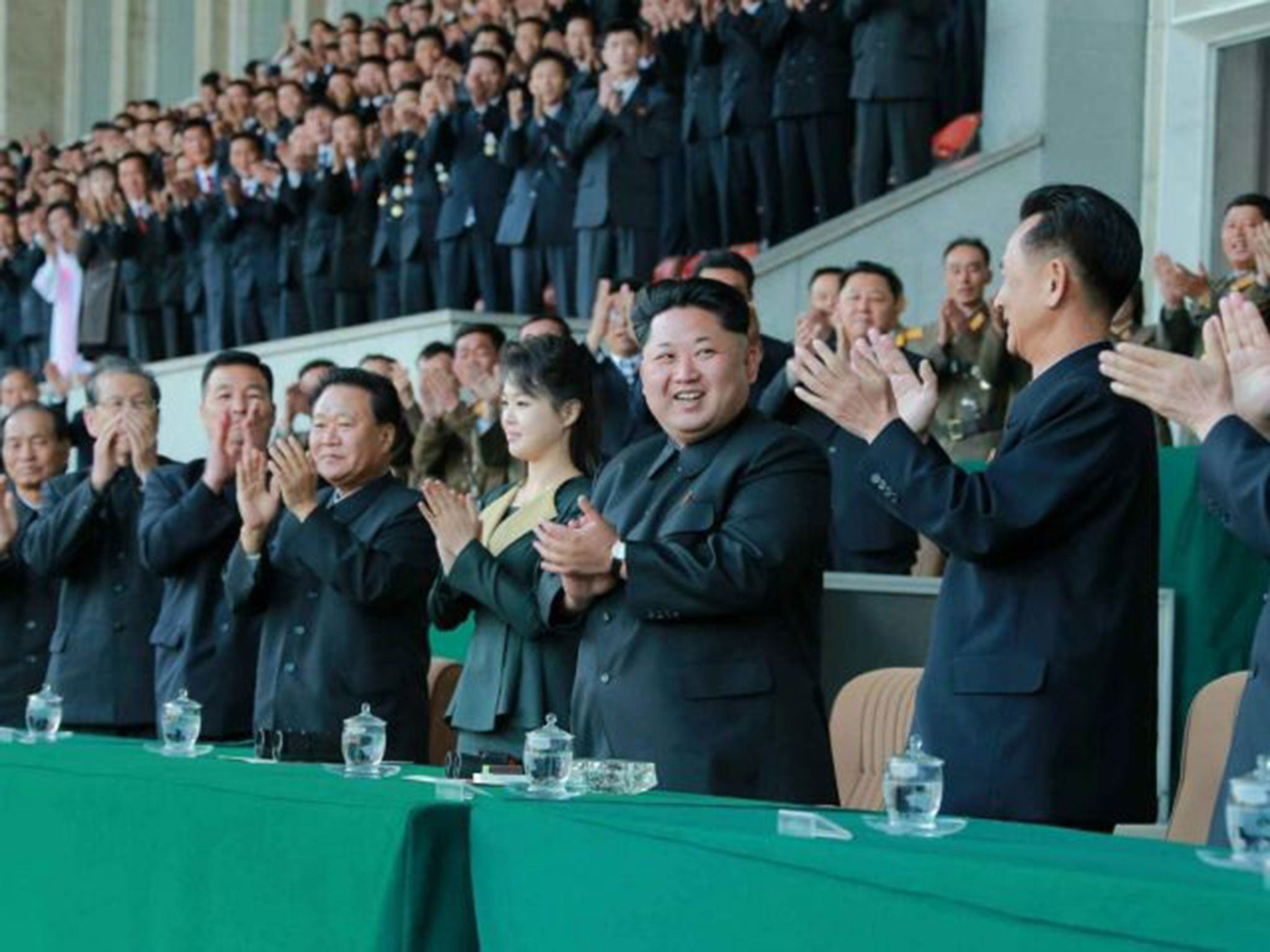How a US cyber attack on North Korea failed – because country has practically no internet
North Korea's backwards communications system helped protect it from a US effort to sabotage its nuclear weapons programme

Your support helps us to tell the story
From reproductive rights to climate change to Big Tech, The Independent is on the ground when the story is developing. Whether it's investigating the financials of Elon Musk's pro-Trump PAC or producing our latest documentary, 'The A Word', which shines a light on the American women fighting for reproductive rights, we know how important it is to parse out the facts from the messaging.
At such a critical moment in US history, we need reporters on the ground. Your donation allows us to keep sending journalists to speak to both sides of the story.
The Independent is trusted by Americans across the entire political spectrum. And unlike many other quality news outlets, we choose not to lock Americans out of our reporting and analysis with paywalls. We believe quality journalism should be available to everyone, paid for by those who can afford it.
Your support makes all the difference."North Korean Internet" is practically an oxymoron. Access to the global Internet in the secretive nation is heavily restricted and available to only select government officials and other elites. The rest of the nation has access to a closed national network called the Kwangmyong, an intranet with state-approved information, if they can access to anything at all.
It's effectively one of the most aggressive online censorship regimes on the planet. And, as it turns out, it also works pretty well at fending off foreign cyberattacks, according to a recent Reuters report.

Five years ago, the United States tried to sabotage North Korea's nuclear weapons program with a computer virus, Reuters reported. The campaign relied on a variant of Stuxnet -- malware that disabled Iranian centrifuges, which The Washington Post and others have reported was a joint project of the United States and Israel. The idea was to use a version of the virus that would be activated when it encountered Korean-language settings, an unnamed source told Reuters.
But the campaign faltered -- it was "stymied," Reuters reported, by North Korea's "utter secrecy, as well as the extreme isolation of its communications systems."
It turns out barely having an Internet infrastructure is a really good way to avoid the kind of "cyber-Pearl Harbor" US officials have been warning about for years.

This isn't exactly a new idea: "North Korea’s hermit infrastructure creates a cyber-terrain that deters reconnaissance," an HP Security briefing from 2013 noted. "Today North Korea’s air-gapped networks and prioritization of resources for military use provide both a secure and structured base of operations for cyber operations and a secure means of communications."

And while North Korea's defense gets a boost from its set-up, it also appears to value having offensive cyber capabilities. The most prominent cell of the nation's cyber troops is known as "Bureau 121," a group of roughly 1,800 hackers who are hand-picked from the nation's top universities, according to a North Korean defector who spoke with Reuters last year.
Investing in offensive cyber capabilities pays off for many nations. It's much cheaper than maintaining a fleet of airplanes and battle cruisers, and it's easy to deny responsibility for any attacks the hackers carry out. Plus, attacking digital systems has an inherent advantage: Defenders must fend off every attack to win, but hackers only need to breach a system once for a campaign to be successful.
And North Korea's government-sponsored hackers seem to have been busy. They were thought by many to be behind a string of cyberattacks against South Korea's banking institutions in recent years. And the United States blamed the secretive nation for the massive cyber attack on Sony Pictures -- apparently in response to a Seth Rogan and James Franco comedy, "The Interview," which featured a CIA-backed plot to assassinate North Korean leader Kim Jong Un.
Join our commenting forum
Join thought-provoking conversations, follow other Independent readers and see their replies
Comments